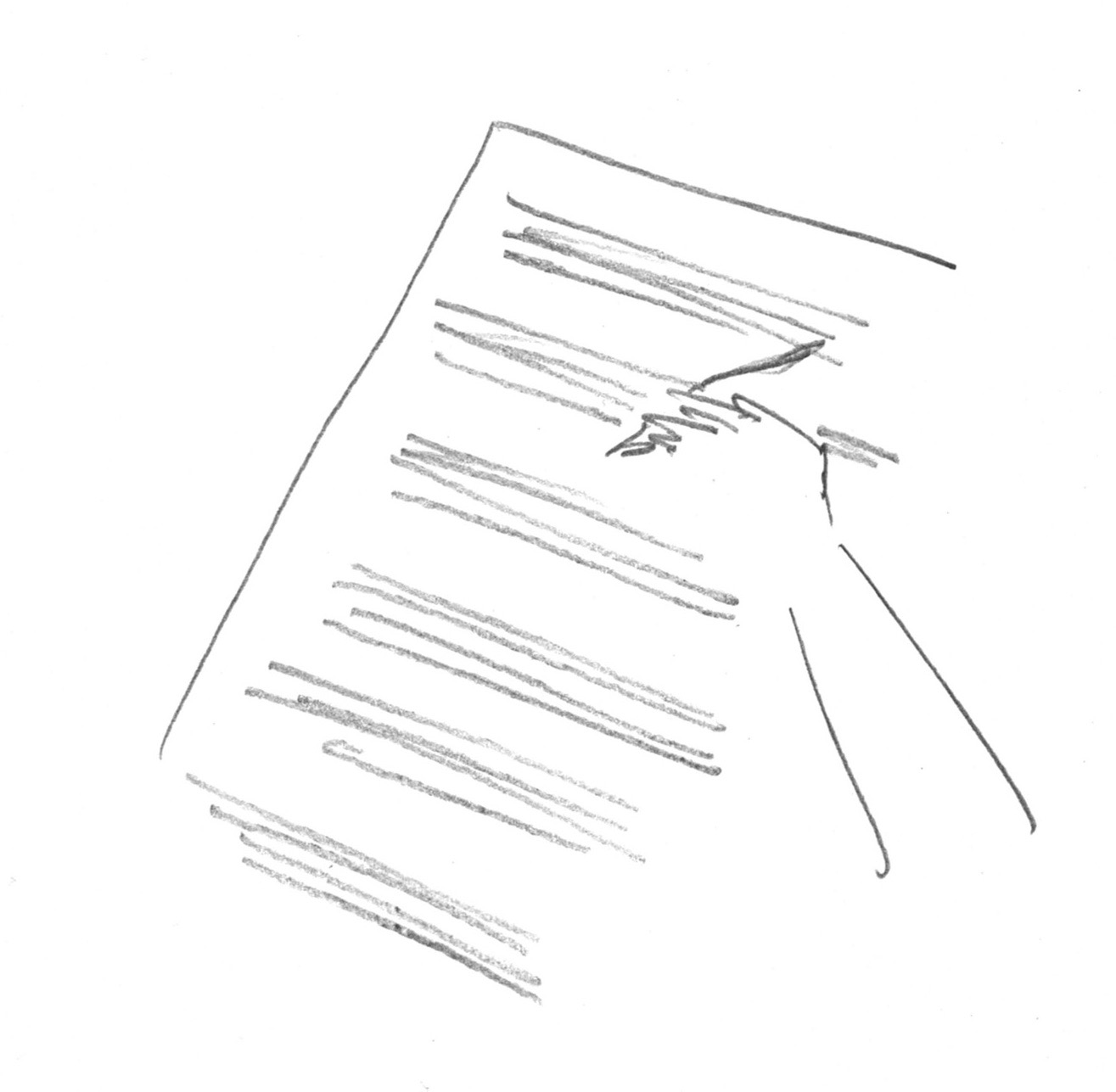 No, I am not an arts administrator, nor was meant to be, but sometimes I think about stuff and the consequences have to be advertised on a website post. This is one of those times.
No, I am not an arts administrator, nor was meant to be, but sometimes I think about stuff and the consequences have to be advertised on a website post. This is one of those times.
Everyone knows that the supreme ruler these days is the dollar, and most decisions about everything are made in the interests of those who are already holding most of the dollars and wish to accrue a few more. The university has turned into a fetching, grasping denier of all for which it was instituted; the football league just had to go national to squeeze a bit more wherewithal from the hapless fans. Let’s not talk about the press. Arts rely on the audience, and this is particularly complicated since some audience members are actually smarter (like some readers of the press, some Melbourne Football Club followers) than for what they are given credit. The concert hall is not entirely without new music, but it’s clearly in the minority. Georg Solti, famously at the Chicago Symphony Orchestra, directed that should people want to come along to hear Tchaik 4, they were going to have to listen to Lutoslawski 3. I commend this heartily. Because some people still can’t even handle Le Sacre du Printemps. Someone once told me that a friend of his had gone along to a performance, hated it, and declared that ‘at one point, it sounded like the orchestra farted!’ I don’t know what to do with this. Ensemble Gombert, one of the country’s finest vocal ensembles, has blended very, very old music with very new. So has the Astra Chamber Music Society under my friend, the estimable John McCaughey. I’ve written previously about Allan Browne’s capacity to see ancient (joke) jazz styles cohabiting with very recent ones. It’s possible. None of these people is making the buck they deserve, but minds could do with a little changing. People who think everything written in the twentieth century is ‘squeaky gate music’ (Lord knows who came up with this expression but it’s stuck with me) have to be educated. Education is power. Knowledge frees you.
So it struck me that someone ought to start paying attention to some of the incredible music written throughout the twentieth century, because even that isn’t the freshest thing on the menu anymore, and put together a concert series featuring some of it. No-one did, so here’s my take. A ten-concert series, that you could hear at our house because all the selections come from my CD collection. Not that I wouldn’t mind having an orchestra step up to the plate and deliver them live. You know.
Each program features two symphonies, and the interval of roughly ten minutes’ duration (longer, if indicated) is given to discussion of the first work heard. Discussion of the second can be conducted once it is concluded, and is indefinite. Let’s listen. Let’s feel. Let’s share.
February 15, 2025
8pm
Vagn Holmboe: Symphony no. 2 (1938-9)
Carl Nielsen: Symphony no. 4 ‘The Inextinguishable’ (1916)
March 15, 2025
8pm
Sergei Prokofiev Symphony no. 2 (1924-5)
Michael Tippett Symphony no. 3 (1970-2)
April 19. 2025
8pm
Hans Werner Henze Symphony no. 7 (1984)
Arnold Bax Symphony no. 3 (1929)
May 17, 2025
8pm
Arthur Honegger Symphony no. 3 ‘Liturgique’ (1945-6)
William Walton Symphony no. 2 (1958-60)
June 14, 2025
8pm
Andrzej Panufnik Symphony no. 9 (1987)
Edmund Rubbra Symphony no. 6 (1954)
July 19, 2025
8pm
Robert Simpson Symphony no. 5 (1972)
Hugo Alfvén Symphony no. 5 (1953)
August 23, 2025
8pm
Bohuslav Martinu Symphony no. 5 (1946)
Ross Edwards Symphony no. 1 ‘Da Pacem Domine’ (1991)
September 20, 2025
8pm
Per Norgard Symphony no. 2 (1970)
Pelle Gudmundsen-Holmgreen Symphony-Antiphony (1977)
October 25, 2025
8pm
Malcolm Arnold Symphony no. 7 (1973)
Karl Aage Rasmussen Symphony in time (1982)
November 22, 2025
8pm
Albéric Magnard Symphony no. 4 (1913)
William Mathias Symphony no. 2 ‘Summer music’ (1983)
In fact it’s only scratching the surface but any start is an effort, a beginning. If all goes well we could have another series in the following year, and there’d be no shortage of material.
21.v.2024
